Week 1: Hosea
Objective:
-
Hosea’s Unfaithful Wife
-
Hosea's family
-
God’s Continuing Love for Israel
-
Fruits of repentance
Resources:
- Fr Tadros Y Malaty Commentary
- Catena Bible Commentary
- Fr Dawoud Lamie Bible study (Arabic)
- Minor Prophets SUSCOPTS
- Metropolitan Youssef - Hosea
Activity for every week: Can you recite the 12 minor prophets?
Reading:
- Hosea 1
- Hosea 2:6-7, 14-23
- Hosea 6:1-3
- Hosea 11
- Hosea 14
Key verse(s):
“When Israel was a child, I loved him, And out of Egypt I called My son.” Hosea 11:1
NOTE TO SERVANT:
-
Please plan to ask and review these questions every week:
- Who are the minor prophets? Can you recite them?
- The theme for last week's minor prophet
- Highlight Messianic prophecy
- Who are the minor prophets? Can you recite them?
Minor Prophets introduction:
-
The Major and Minor Prophet division of the Holy Bible does not denote the importance or rank of the writing prophets, but the length of the Holy Books which bear their prophecies.
- Ex: Jonah 4 chapters - Isaiah 66 chapters
- There are 12 minor prophets and 4 major prophets (5 books including Lamentations)
- In the Tanakh (Hebrew Bible), all these books were listed under "prophets". In the Septuagint and Vulgate translations, this classification of major and minor was mentioned.
- The prophet in the OT was someone who passed God's message to the people. A prophet in the NT is also someone who passes God's message or news (God's love and salvation for all mankind).
- In the OT, there were many prophets (Moses, David, Elijah, Elisha, etc.), but when we refer to the "Prophets", we refer to the ones who recorded their prophecy.
- All prophecies had one goal: Repentance!
- Recorded prophecies were split into three groups: Before, during, and after the exile.
- Before: Repent so God doesn't bring the exile
- During: Repent so God can end the exile and take us back to our land
- After: Repent because the Messiah is coming
- The books of the prophets are rich with Messianic prophecies. Our Lord fulfilled all.
- The meaning of the names of the prophets is usually the message of their writings.
- The prophetic books always start with a strong tough message and then end with a joyful promising message.
- All books have different themes. All books have the same message (repentance).
-
|
Minor Prophets |
||
|
Before Assyrian Captivity Directed to the North Kingdom |
After Assyrian and before Babylonian captivities Directed to the South Kingdom |
After Captivity |
|
1. Hosea 2. Joel 3. Amos 4. Obadiah (Edom) 5. Jonah |
6. Micah 7. Nahum (Nineveh) 8. Habakkuk 9. Zephaniah |
10. Haggai 11. Zechariah 12. Malachi |
Comments:
Theme of Hosea: God's salvation
Messianic Prophecy: The Lord's entry to Egypt (11:1)
- Hosea is one of the minor prophets.
-
The book of Hosea was written for the Northern Kingdom of Israel
-
Outwardly, the nation was enjoying a time of prosperity and growth; but inwardly, moral corruption and spiritual adultery permeated the lives of the people.
- The prophet Hosea was instructed by God to marry an unfaithful woman, and he found in his own life a vivid illustration of the unfaithfulness of God’s people and the faithfulness of God.
- Hosea repeatedly echoes his threefold message: God abhors the sins of His people; judgment is certain; but God’s love stands firm.
- Hosea, whose name means “Salvation.”
- The book of Hosea is a story of one-sided love and faithfulness that represents the relationship between Israel and God.
- As Gomer is married to Hosea, so Israel is betrothed to God. Both relationships gradually disintegrate—Gomer runs after other men, and Israel runs after other gods.
- Israel’s spiritual idolatry is illustrated by Gomer’s physical adultery. The development of the book can be traced in two parts: the adulterous wife and faithful husband (ch. 1–3), and the adulterous Israel and faithful Lord (ch. 4–14).
- Hosea’s message reflects the terrible fascination of Israel with Baal worship.
- Baal means “husband” or “lord,” and his worship involved fertility rites that included ritual prostitution. Baal was the other lover to whom the unfaithful Israel often turned.
- Hosea provides one of the Old Testament’s most eloquent expressions of God’s mercy.
- Chapter 1:
- God asked Hosea to marry Gomer. She gave birth to three children. Each child's name was a message from God.
- First Child: Boy: Jezreel - God sows/scatters. What God sows from hardships/punishments are the seeds of our actions.
- Second Child: Girl: Lo-Ruhamah - No mercy. When man doesn't stop sinning and takes advantage of God's patience, he doesn't receive mercy, but judgment.
- Third Child: Boy: Lo-Ammi - Not my people. If many can't separate from sin, how can they belong to God? Therefore, sin leads to separation from God and not being from his people.
- Chapter 2:
- V6-7: God builds walls of thorns around us sometimes so we don't go back to our pleasures and lusts. Things happen and people come and go, which are ways of God's protection for us
- V14-23: A symphony of love and hope after all the tough messages.
- V.15: "Valley of Achor" is where Achan cheated and stole (Joshua 7). This area became known for cheating and disobedience. God will use this same area to make it a door of hope if His people repent.
- V.19: Betrothal or engagement days tend to be the most romantic and the couple love each other a lot. God used this metaphor a lot in the Bible to symbolize His relationship to humanity. "Forever" means the strong love will be forever and the second coming will be the "wedding."
- V.23: Strong message of hope. The message has NT tone.
- Chapter 6:
- Another message of hope.
- V.2: Hosea with the prophetic spirit spoke about the "third day"
- Former rain: Comes early to help after seed sowing. Latter rain: Comes towards the end to help with budding and producing fruits. God's blessings come at the beginning and end and are countless.
- Chapter 11:
- Verse 1 Talks about how God saved his people a long time ago with Moses from Egypt. The number was small (child) and now they are a big nation (adult).
- Verse 1: Prophecy that God will flee to Egypt
- St. Matthew linked this verse to Christ's entry to Egypt (Matt. 2:15)
- Egypt was a symbol of idolatry and sin. This is a prophecy that God will accept the Gentiles and Egypt will become sanctified (Isaiah 19.)
- Chapter 14:
- Fruits of the repentance
- V.1-3: Human's role in repentance
- V.4-9: God's role in sanctification
Review/recap questions:
**Servant may add more questions
- What are the meanings of these names: Hosea, Jezreel, Lo-Ruhamah, Lo-Ammi?
- Why did God ask Hosea to take for himself a wife of harlotry?
- Why did God say to the House of Israel “You are not My people and I will not be your God"?
- What did God promise the people of Israel?
- Find a prophecy in this book and when it was fulfilled. Give verses.
Homework:
**Servant may add more questions
- Hosea’s wife was called _________.
- The number of the children of Israel shall be as:
a) the stars b) the sand of the sea c) the waves of the ocean - When Israel was a _________, I loved him, and out of _________ I called My ______..
- I will not execute the _________ of My anger; I will not again _________ Ephraim. For I am God, and not man, the _______ One in your midst; and I will not come with ________.
- I will be like the _____ to ________; he shall grow like the _____, and lengthen his _______ like Lebanon. 2. Who walks in the ways of the Lord? a) the poor b) transgressors c) the righteous

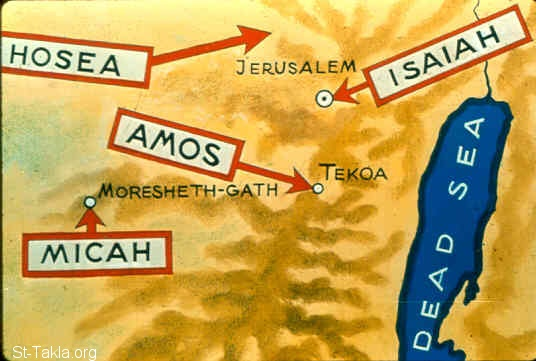
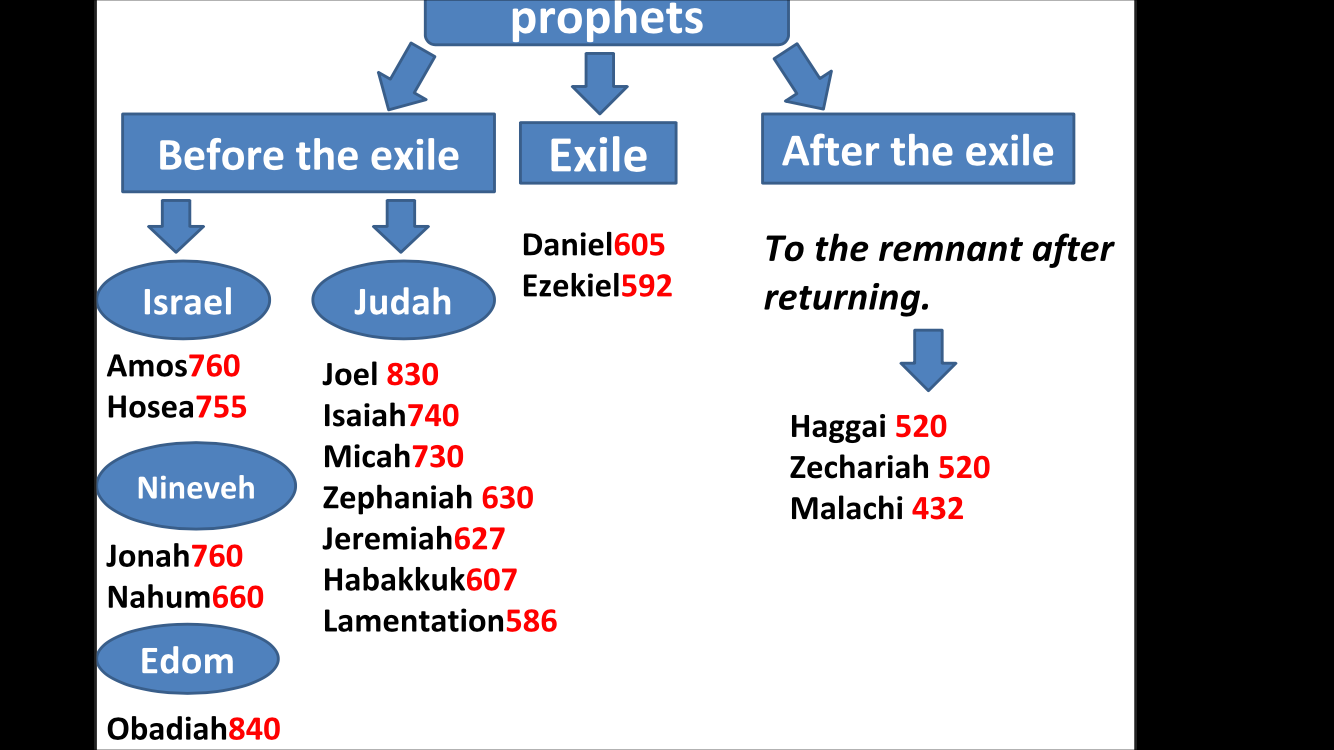
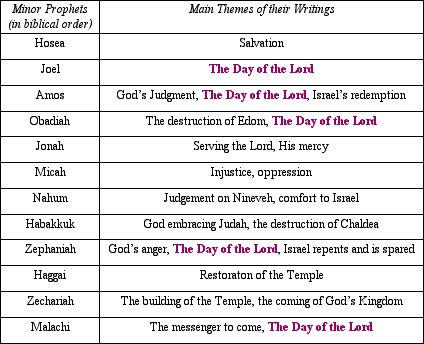
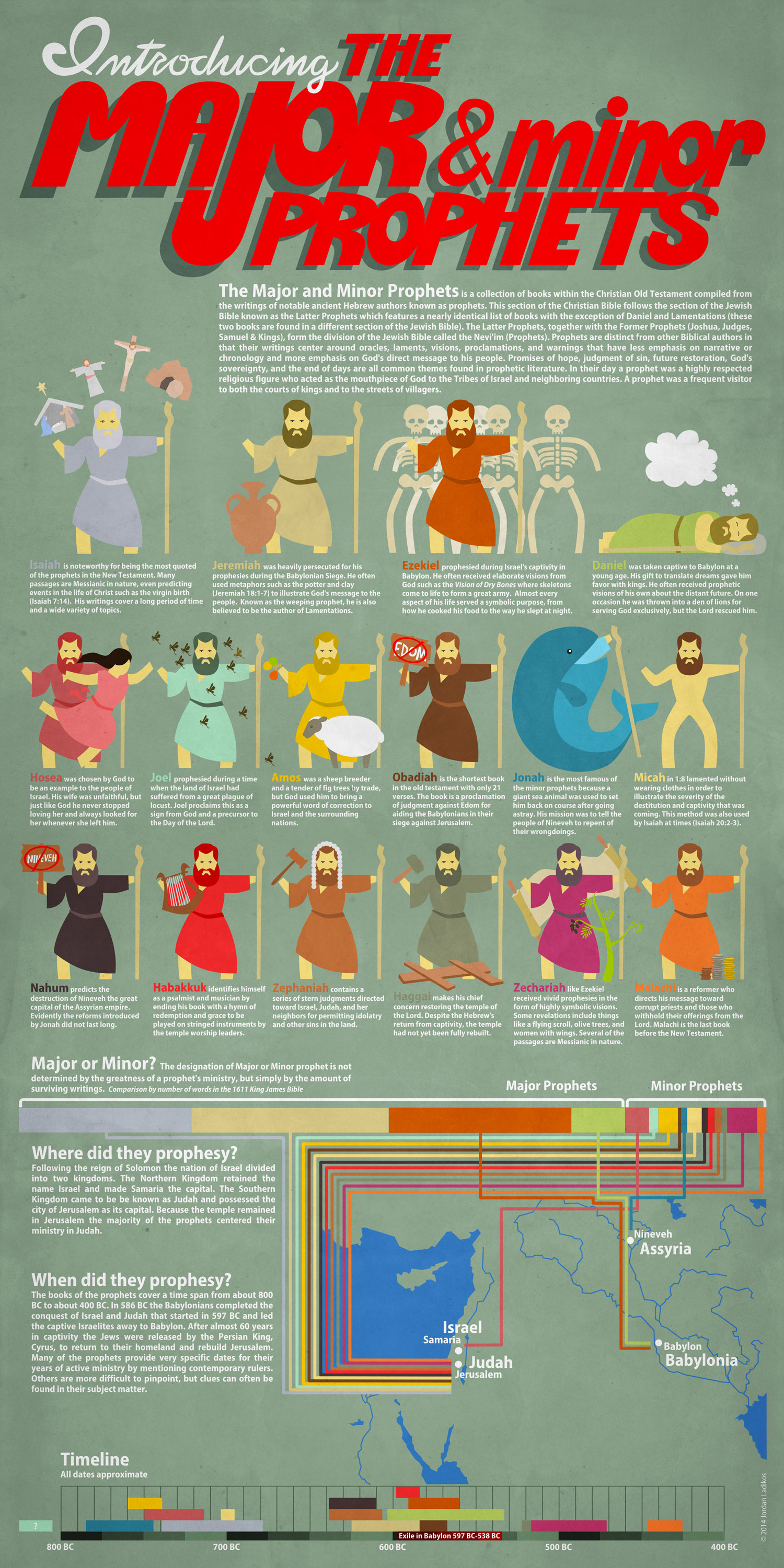
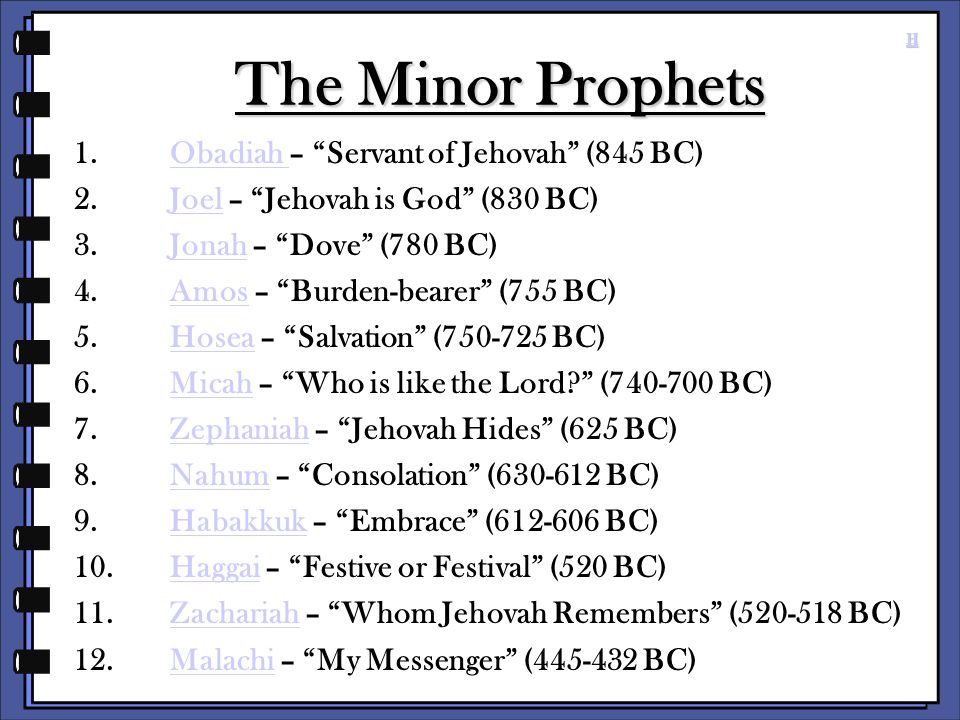
No comments to display
No comments to display